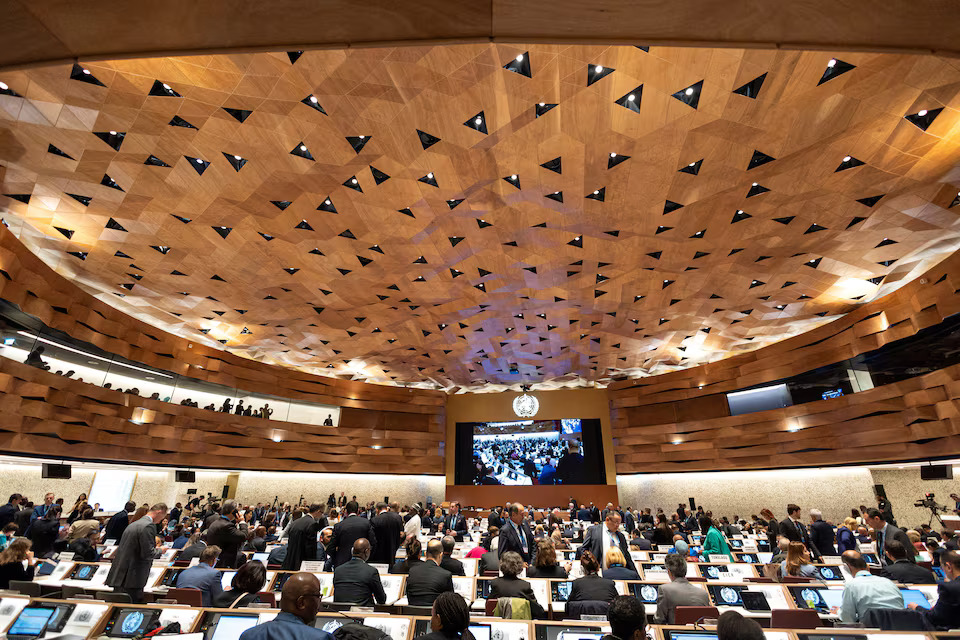WHO Chief Optimistic on Pandemic Accord Despite Setbacks
A senior U.S. administration official said Washington remained committed to the process but estimated another one to two years of talks

The head of the World Health Organization voiced confidence Monday that countries would eventually reach a deal on a pandemic accord, despite failing to produce an agreement last week. Health officials warned, however, that it could take years.
Negotiations have been marked by lengthy discussions past midnight, last-minute shifts in position, and growing criticism from right-wing commentators who argue that the treaty would undermine sovereignty. The WHO strongly denies these claims.
As a symbol of the resistance, a truck with a sign reading "NO to the Pandemic Treaty. STOP the UN Power Grab" was seen near the U.N. headquarters in Geneva, where the talks are taking place.
Ministers from among the WHO's 194 member states are seeking to conclude more than two years of negotiations on new rules for responding to pandemics during the May 27-June 1 World Health Assembly. These efforts come after COVID-19 killed millions.
Negotiators failed to produce a draft deal on Friday for formal approval by the assembly this week.
"Of course, we all wish that we had been able to reach a consensus on the agreement in time for this health assembly, and cross the finish line," Director-General Tedros Adhanom Ghebreyesus said in his opening address. "I remain confident that you still will because where there is a will, there is a way. I know that there remains among you a common will to get this done."
A senior U.S. administration official said Washington remained committed to the process but estimated another one to two years of talks. "There's a lot of frustration," she said. A health diplomat noted that reforms to the process were being considered, as well as an extension of between five and 24 months.
Negotiations are still ongoing for an update to existing health rules on outbreaks. Negotiators say a deal is close, including a new tiered system of alerts following criticism that the WHO was too slow to declare a COVID emergency.
Lawrence Gostin, a professor at Georgetown Law in Washington D.C. involved in the negotiations, called the outcome a "shameful abdication of political leadership" but expressed confidence that the reforms would pass this week. "They have enormous potential value for making the world safer and more equitable," he told a media outlet.
The novel virus was first identified in an outbreak in Wuhan, the capital of Hubei, China, in December 2019. It spread to other areas of Asia and then worldwide in early 2020. The World Health Organization declared the outbreak a public health emergency of international concern on January 30, 2020 and assessed it as a pandemic on March 11, 2020.
The WHO ended the public health emergency of international concern on May 5, 2023. As of May 27, 2024, the pandemic has caused 7,049,376 confirmed deaths, making it the fifth-deadliest pandemic or epidemic in history.
In the United States, the COVID-19 pandemic caused by SARS-CoV-2 has resulted in 103,436,829 confirmed cases and 1,187,125 deaths, the most of any country, and the 20th highest per capita worldwide. The COVID-19 pandemic is the deadliest disaster in the country's history.
In 2020, COVID-19 was the third-leading cause of death in the U.S., behind heart disease and cancer. From 2019 to 2020, U.S. life expectancy dropped by three years for Hispanic and Latino Americans, 2.9 years for African Americans, and 1.2 years for white Americans. In 2021, U.S. deaths due to COVID-19 increased, leading to a further decline in life expectancy.
